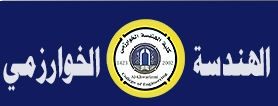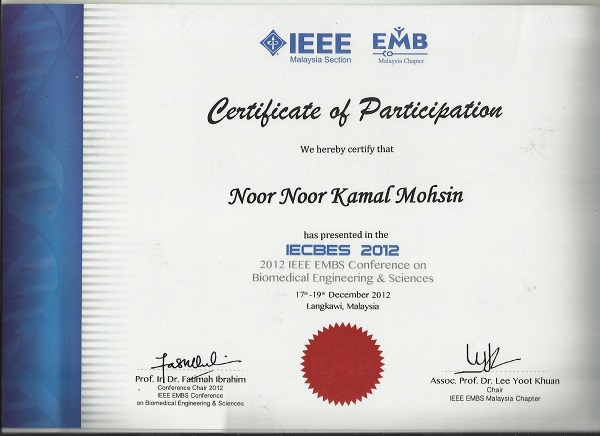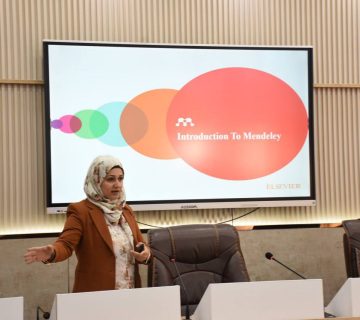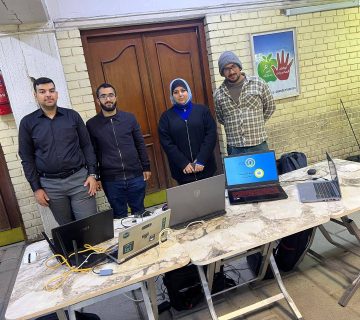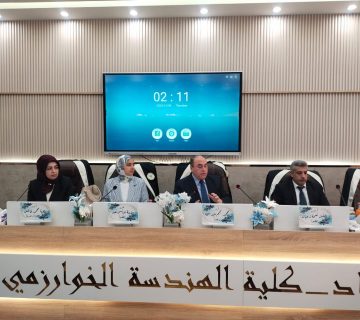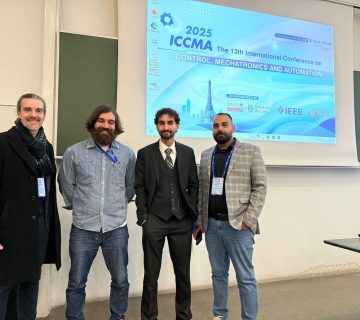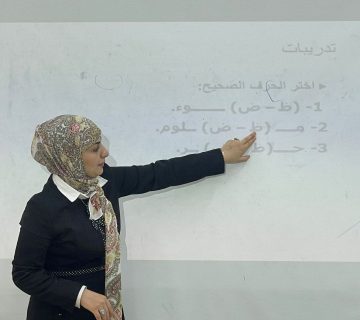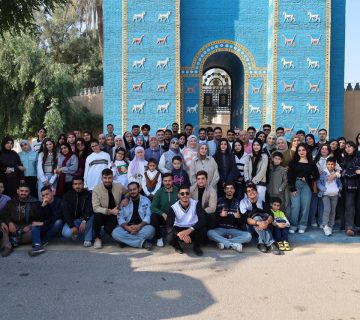تدريسية في قسم هندسة الطب الحياتي تنشر بحثها في مؤتمر IEEE
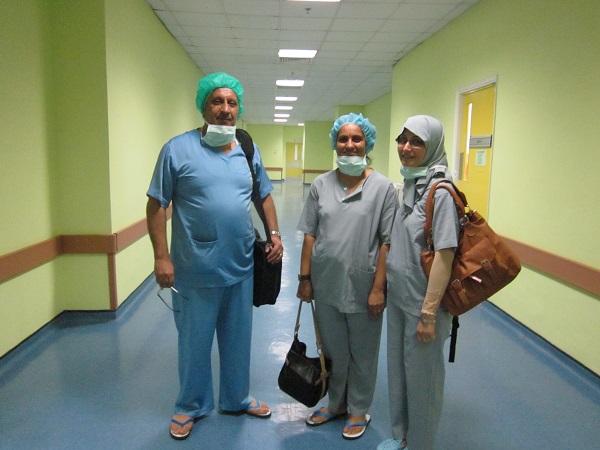
ويدور البحث حول :
Post-stroke brain memory dysfunction is a precondition for the diagnosis of vascular dementia. This diagnosis in general made within months after a stroke, since post-stroke brain memory assumed to be a common cause of post-stroke. Clinical recovery and rehabilitation experience added to research recommendation in literature urges that post-stroke brain memory function perhaps reversible. The aim of the study was to systematically review the available information on the assessment of post-stroke brain memory function in stroke survivors to establish a post-stroke brain memory assessment framework. We performed systematic literature search of published research findings in various scientific publication with the following phrase: post-stroke brain memory assessment. The studies reported that different types of memory dysfunction resulted from stroke. The most commonly dysfunctional memory types are working memory, episodic memory and procedural memory. This finding was transformed into a post-stroke brain memory assessment framework. Five different brain memory assessment techniques are recommended for the proposed framework assessment. The selection of the assessment techniques based on the identified memory types. Both short term and long term memory are effected by post-stroke brain memory dysfunction. Standardized assessment of cognitive function in each patient diagnosed with post-stroke vascular dementia is crucial. Post-stroke vascular dementia may be reversible in a considerable percentage of patients with stroke, indirectly promising a healthier lifestyle.
شاركت المدرس المساعد نور كمال التدريسية في كليتنا / قسم هندسة الطب الحياتي و طالبة الدكتوراه في جامعة UKM / ماليزيا بحثها الموسوم :
في مؤتمر ( 2012 IEEE EMBS conference on biomedical engineering & sciences )
ويدور البحث حول :
Post-stroke brain memory dysfunction is a precondition for the diagnosis of vascular dementia. This diagnosis in general made within months after a stroke, since post-stroke brain memory assumed to be a common cause of post-stroke. Clinical recovery and rehabilitation experience added to research recommendation in literature urges that post-stroke brain memory function perhaps reversible. The aim of the study was to systematically review the available information on the assessment of post-stroke brain memory function in stroke survivors to establish a post-stroke brain memory assessment framework. We performed systematic literature search of published research findings in various scientific publication with the following phrase: post-stroke brain memory assessment. The studies reported that different types of memory dysfunction resulted from stroke. The most commonly dysfunctional memory types are working memory, episodic memory and procedural memory. This finding was transformed into a post-stroke brain memory assessment framework. Five different brain memory assessment techniques are recommended for the proposed framework assessment. The selection of the assessment techniques based on the identified memory types. Both short term and long term memory are effected by post-stroke brain memory dysfunction. Standardized assessment of cognitive function in each patient diagnosed with post-stroke vascular dementia is crucial. Post-stroke vascular dementia may be reversible in a considerable percentage of patients with stroke, indirectly promising a healthier lifestyle.
